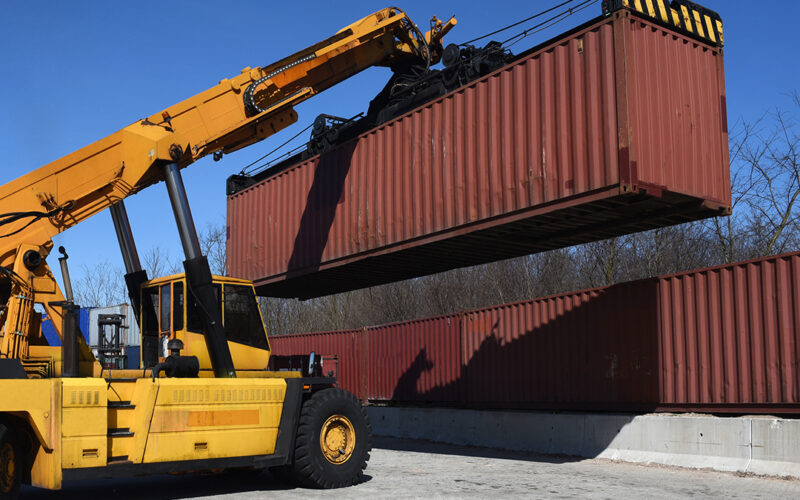In the dynamic world of business shipping, containers reign supreme. These sturdy metal boxes ferry your precious cargo across oceans and continents, ensuring its safe arrival at its destination. But beyond the initial transportation costs, a crucial factor influencing your bottom line emerges: storage fees.
So, how much does it cost to store a container? Buckle up, intrepid entrepreneur, as we unpack the complex web of factors that determine this critical expense.
Size Matters: A Range of Dimensions, a Range of Rates
First and foremost, the size of your container significantly impacts storage costs. The two most common container sizes are:
- 20-foot dry container: Think of it as a spacious walk-in closet, measuring 20 feet in length, 8 feet wide, and 8 feet high. Expect storage fees to range from $50 to $200 per month, depending on location and facility.
- 40-foot dry container: Doubling the length of its 20-foot cousin, this container offers ample storage for larger shipments. Storage costs typically fall between $100 and $300 per month.
Remember, these are just starting points. Variations in container type (reefer containers for temperature-sensitive goods cost more), location (urban areas are pricier), and facility security (climate-controlled storage adds to the bill) can significantly alter the final price tag.
Location, Location, Location: Where Your Container Rests
The geographical landscape plays a starring role in storage costs. Urban hubs like New York or Los Angeles naturally command higher storage rates compared to rural areas. Additionally, consider the proximity of the storage facility to major shipping ports or rail yards. Convenient access often translates to higher fees.
Duration of Detention: The Longer You Stay, the More You Pay
Storage fees are typically calculated on a monthly basis. However, exceeding the free demurrage period (usually 7-14 days) allotted for unloading your container incurs detention charges, which can be hefty. Plan your logistics efficiently to avoid these unwelcome surprises.
Beyond the Base Rate: Additional Expenses to Consider
While the base storage fee is a significant chunk of the cost, keep an eye out for additional charges:
- Handling fees: Some facilities charge for loading and unloading containers.
- Security fees: Enhanced security measures like fencing and CCTV surveillance can add to the cost.
- Insurance: Protecting your valuable cargo against damage or theft is crucial. Factor in insurance costs when budgeting.
- Cleaning fees: Returning a container in unclean condition might attract hefty cleaning charges.
Saving Savvy: Tips for Cost-Effective Container Storage
Navigate the labyrinth of storage costs with these savvy tips:
- Shop around: Compare rates from different storage facilities before committing.
- Negotiate bulk discounts: If you regularly store multiple containers, negotiate discounted rates with the facility.
- Utilize free demurrage periods: Plan your logistics to unload your container within the free demurrage period to avoid detention charges.
- Consider alternative storage options: Depending on your needs, self-storage units or on-site storage at your business premises might be more cost-effective options for shorter durations.
The Takeaway: Knowledge is Power in Container Storage Costs
Understanding the various factors influencing container storage costs empowers you to make informed decisions. By considering size, location, duration, and potential additional expenses, you can optimize your storage strategy and keep your business finances shipshape. Remember, planning, comparison, and negotiation are your key allies in navigating the often-murky waters of container storage costs.
With this knowledge in your arsenal, you can confidently navigate the ever-evolving world of business shipping, ensuring your precious cargo reaches its destination without breaking the bank. Now go forth, intrepid entrepreneur, and conquer the container storage conundrum.



